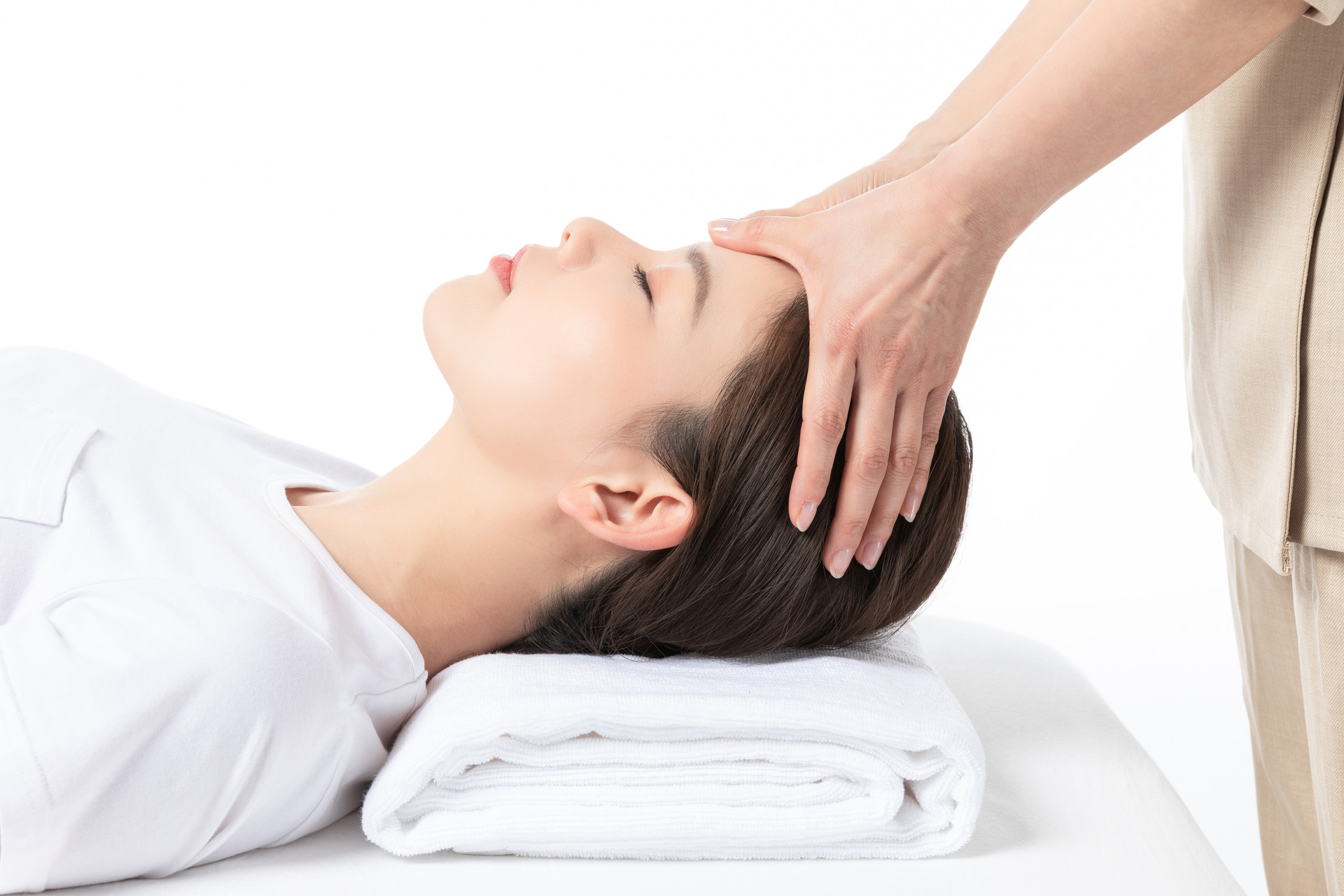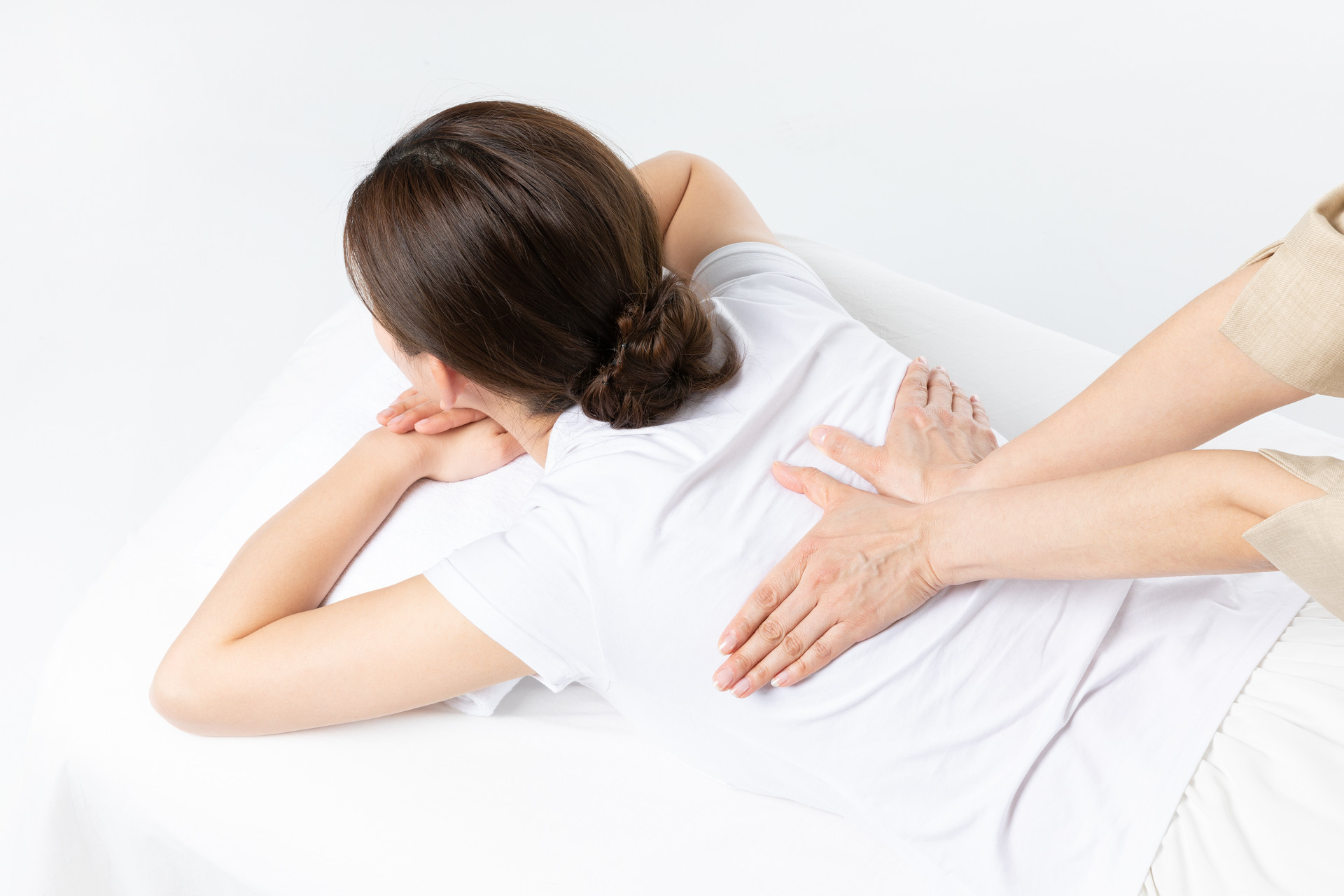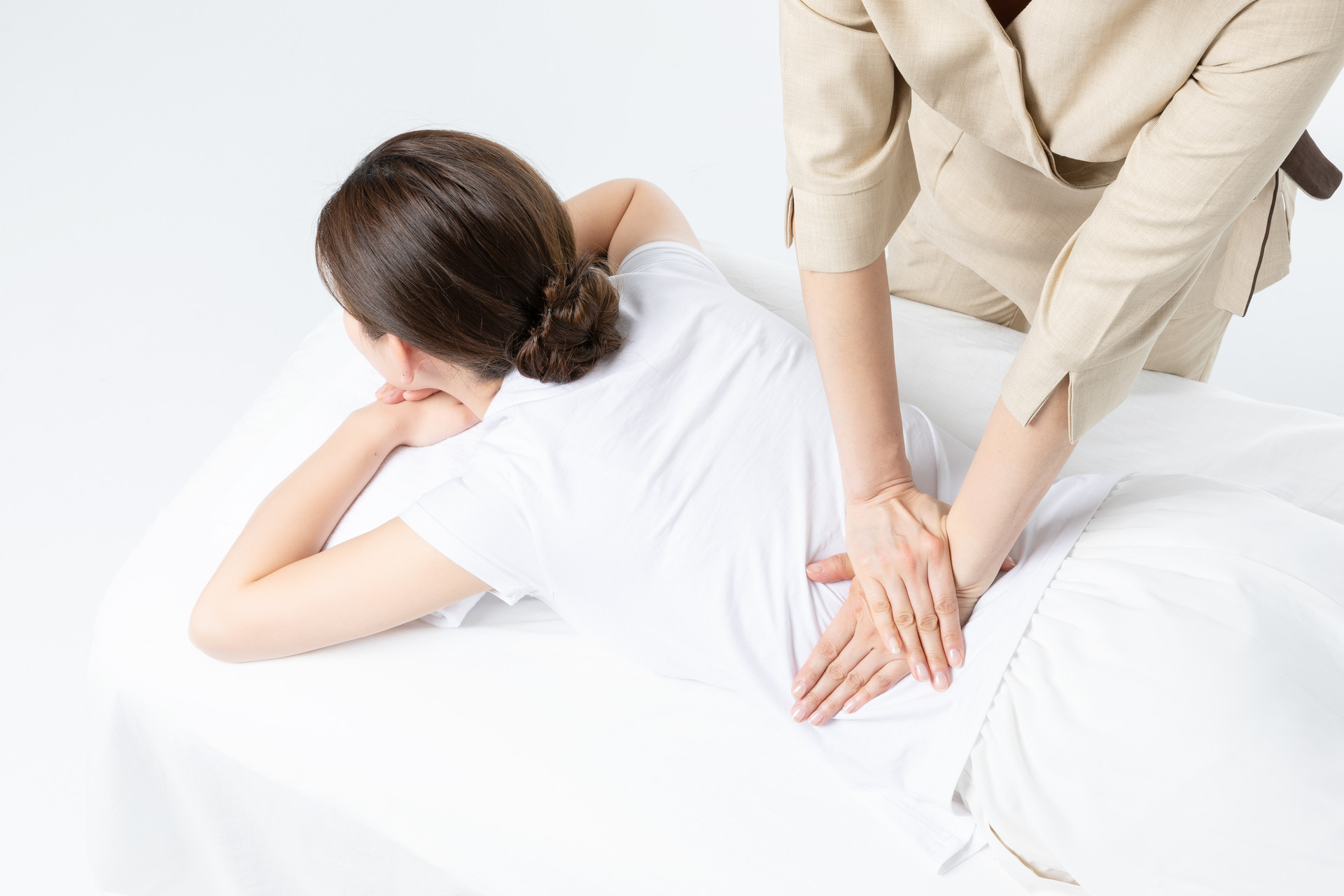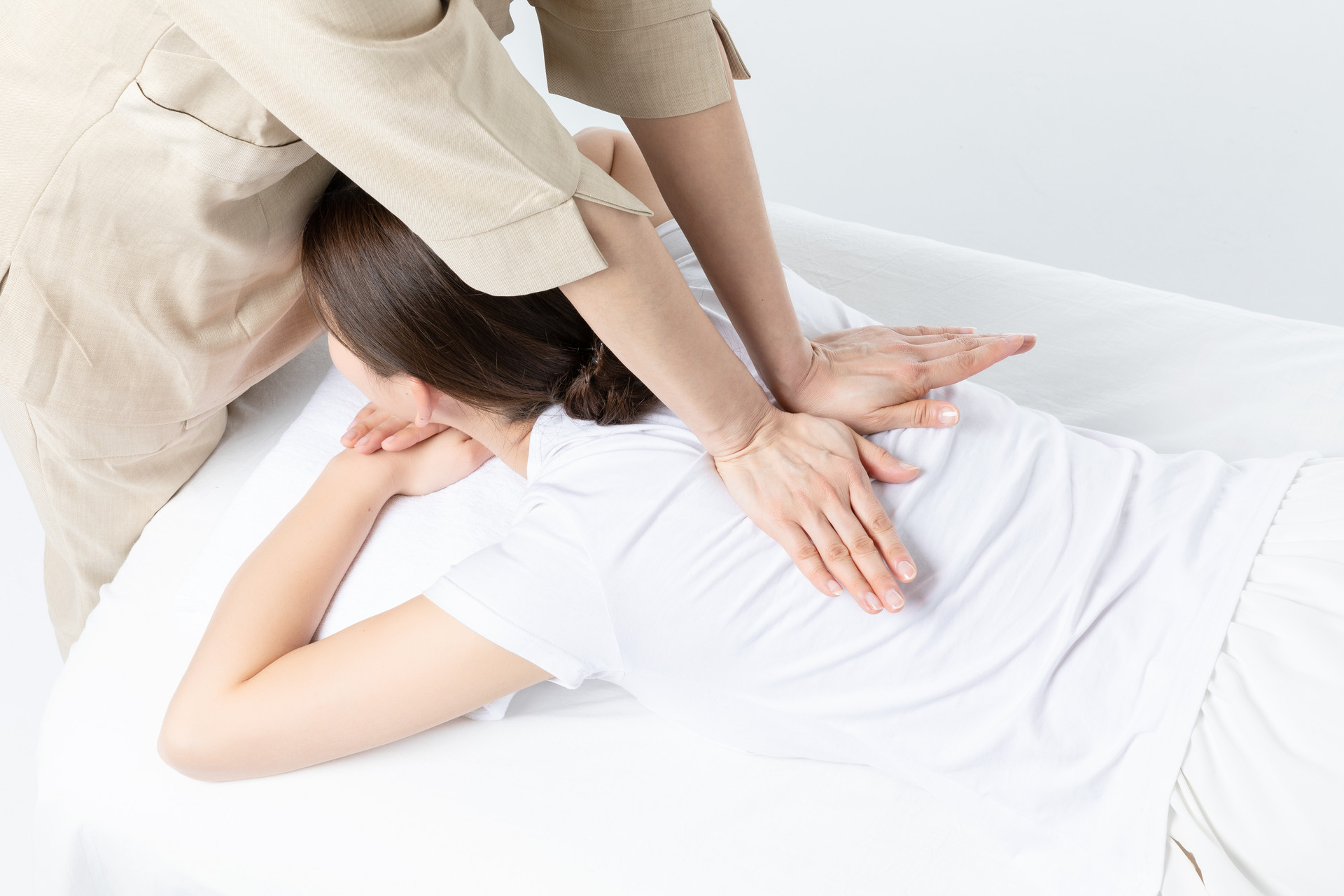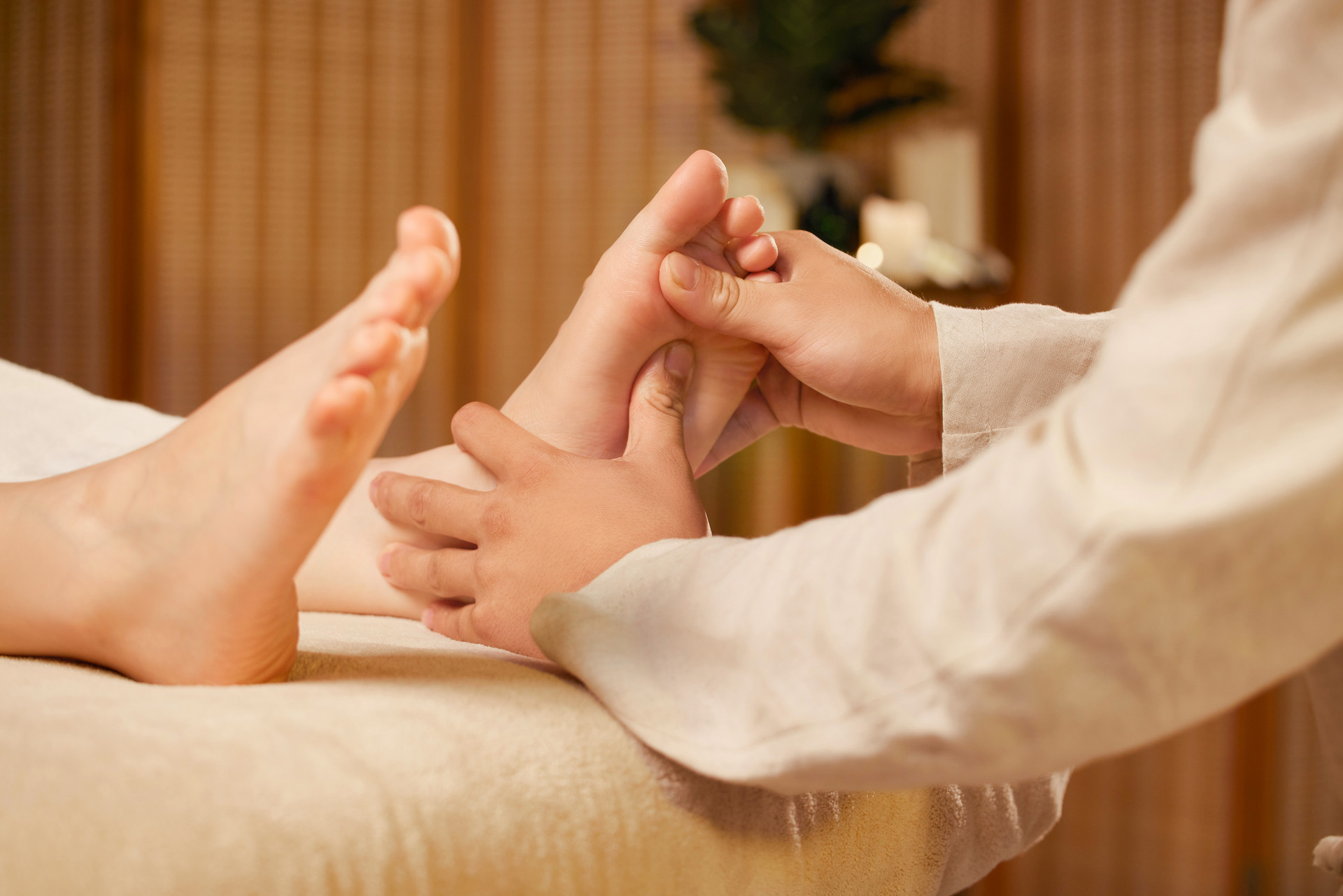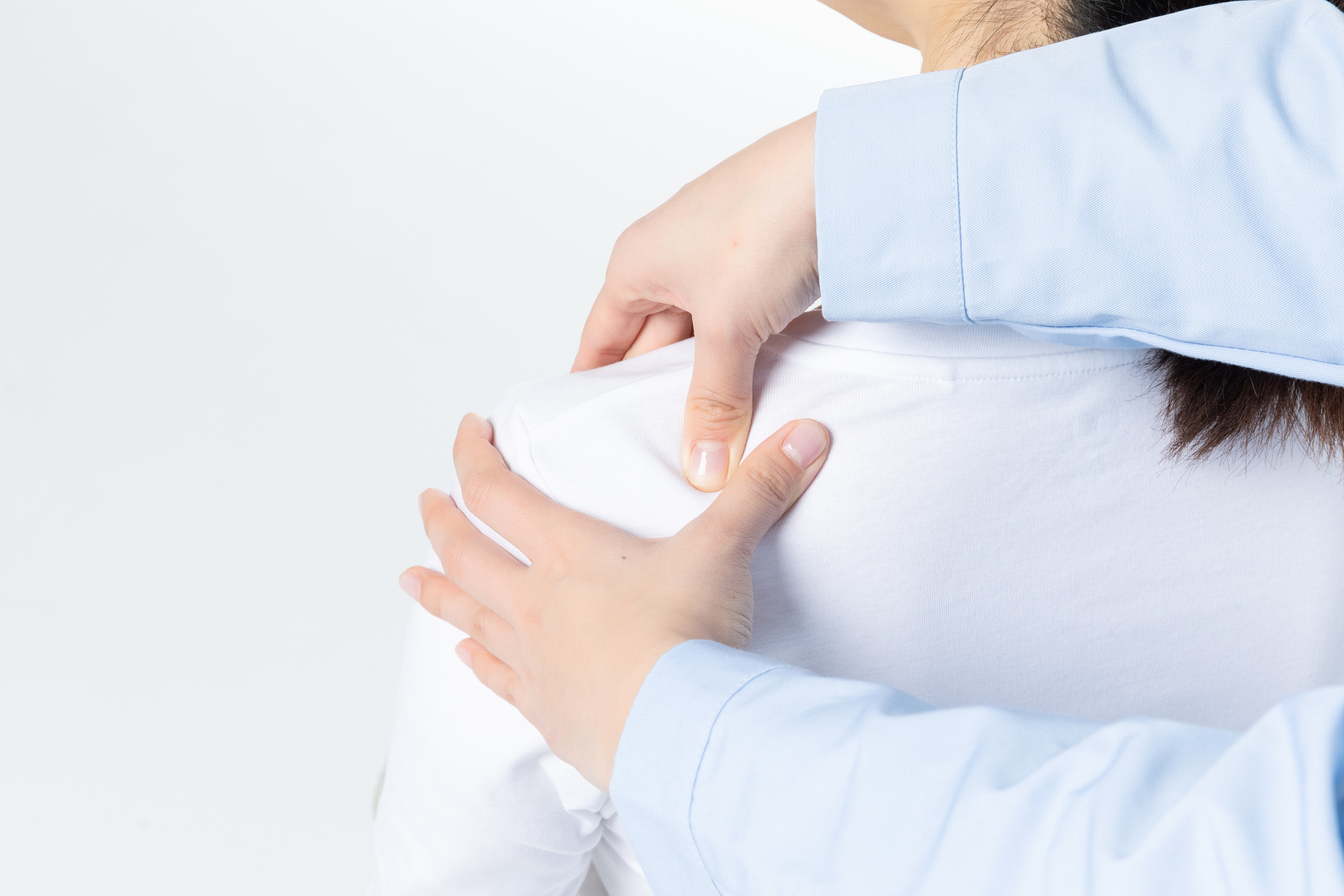The Benefits of Massaging the Abdomen Daily
Many middle-aged and elderly people have the habit of massaging their abdomen after a meal. In fact, massaging the abdomen after a meal is not only beneficial for digestion, but also has a great impact on promoting overall health.
What are the benefits of massaging the abdomen daily? What is the purpose of massaging the abdomen daily? Is it good to massage the abdomen daily?
Traditional Chinese medicine believes that the abdomen is the center of the body. Therefore, massaging the abdomen regularly can promote the balance of qi and blood, as well as improve overall blood circulation, thus promoting physical health.
Massaging the abdomen after a meal
It is very helpful for the overall gastrointestinal function, especially for promoting digestion. According to traditional Chinese medicine, if you can massage your abdomen one hour after a meal, it can help with digestion. The specific method is to relax all the muscles in your body and use your palms, with the belly button as the center, to perform the massage. The movements should be gentle. If you apply too much pressure, you may injure the subcutaneous tissue. Massaging the abdomen can help adjust qi, promote elimination of stagnation, and provide great help in preventing constipation and food retention.
Traditional Chinese medicine believes that the abdomen is where qi and blood are transformed. Although the massage is only done locally, it can have an overall effect on the body through this transformation center, thus promoting overall health. The line from the poem by Lu You, "Undressing, massaging the abdomen under the western window, do not be surprised if people mock it as a food bag," is a good interpretation of the benefits of daily abdominal massage on the body.
How to achieve better results from abdominal massage?
You can rub your hands together to warm them up before massaging, so that your hands have a warm sensation. Then, through massage, transfer this warmth to your body. If you often experience bloating or indigestion, and frequent constipation, it is recommended to focus on massaging the upper abdomen around the belly button, as this can help with digestion. If you have dry and excessive bowel movements, which is a sign of small intestine obstruction in traditional Chinese medicine, you should focus on the entire belly button and slowly massage in a clockwise direction. It is recommended to massage for about 20 minutes each time. If you feel the internal movement of qi and a warm sensation, it is sufficient. Insufficient massage pressure cannot have a health-promoting effect, and excessive massage time or excessive force can cause pain. Therefore, if you do not have professional knowledge of Chinese medicine massage, it is recommended to massage yourself, as this is more conducive to controlling the pressure.
How often should you massage your abdomen?
It is recommended to massage at least once a week, especially for those who are obviously obese. If there is excessive fat around the abdomen, you can use tapping instead of simple massage, as this can help accelerate detoxification. If you have a cold body constitution, you can massage both sides of your abdomen every day, about three finger widths from the belly button, in a clockwise direction, twice a day for about 5 minutes each time. This can promote metabolism, help eliminate waste, make the entire intestine more comfortable, and also regulate qi and blood, reducing the problem of cold body constitution.
If you persist in massaging your abdomen every day, you will find that your belly will become smaller. Problems such as high blood pressure and cardiovascular diseases caused by obesity will also be relieved. Furthermore, since massage can regulate qi and blood, it is also very helpful for overall qi and blood regulation.
Although massaging the abdomen is very beneficial for physical health, it is not suitable for everyone, especially for patients with malignant tumors, other acute abdominal conditions, pregnant women, postoperative patients, and those with weak constitutions.


